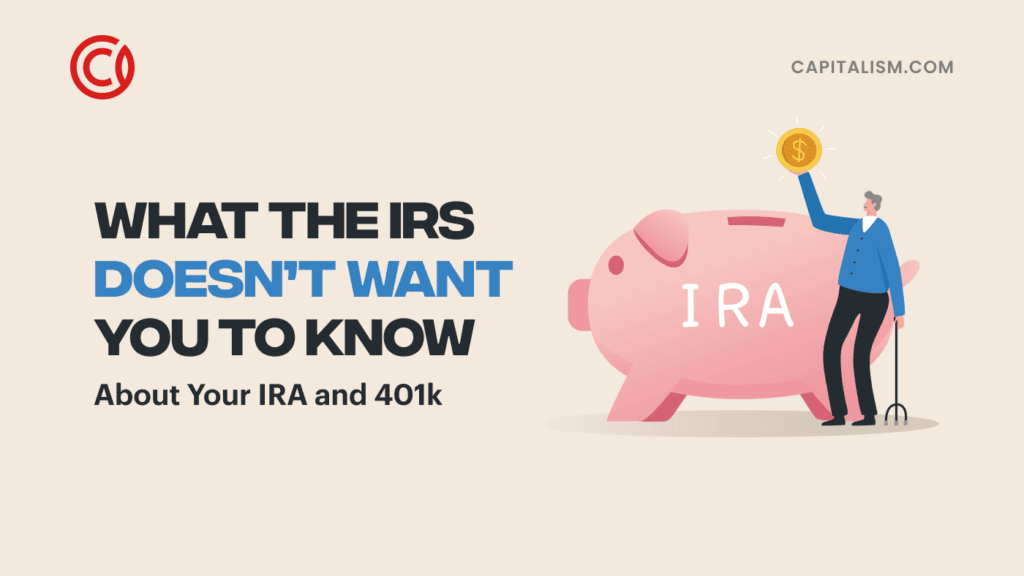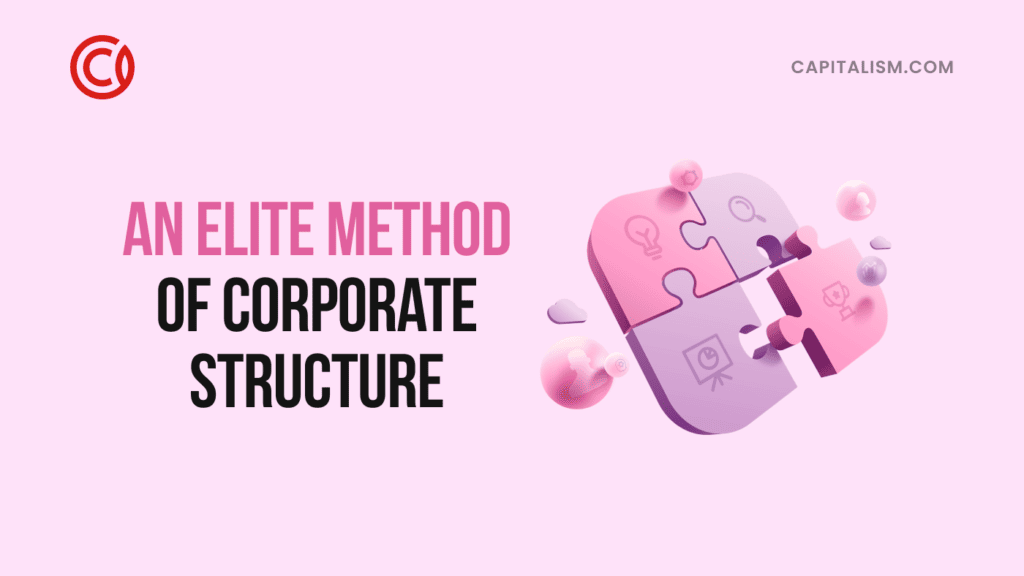Entrepreneurs could take a few notes from Star Wars on how it helps us understand how to we battle against governmental control on the marketplace and a society.
Economics of a Dictator's Government
The Galactic Empire controls the means of production and the flow of commerce during the time of the Galactic Civil War.
Emperor Sheev Palpatine, the leader of the Galactic Empire, is the quintessential authoritarian through his quest to dominate the galaxy. However, despite his rhetoric to stabilize, maintain order, and bring peace are, essentially, false.
Palpatine, to advance his evil Sith agenda, is able to control the economy and marketplace of the galaxy and individual planets by showing favoritism to industries that directly benefit him. That being said, the Empire is a fascist economy in the sense that the Empire subsidized and showed favoritism to industries, companies and planets who directly contributed to the war efforts against the Rebel Alliance and the maintenance massive Imperial Navy and Army.
In real life, we have seen governments show crony favoritism to industries that advanced a regime’s political agenda. For example, Nazi Germany was forced to contribute the majority of the country’s economic prowess to help with the war effort against the Allied Powers in World War Two. Hitler even enlisted the help of slave labor to meet the demands of munitions, petrol, and vehicles.
Similarly, the rise of the Empire can be linked to the high-producing wartime economy of its precursor, the Galactic Republic, and the continued contribution of executive power to the Supreme Chancellor to make unilateral decisions. Because the democratic government of the Republic was focused on security and fighting the separatists, civil liberties were threatened with economic liberties. Nevertheless, Palpatine took advantage of this week state and concocted a plan to assert totalitarianism and wield power.
To simplify all of this, when a government—no matter is political alignment—has control of private industries, nothing good will come of it. Only the products of governmental control of the people and state interventionism of the economy are produced.
Narrative of Freedom
Before you dismiss the nerdiness of this concept, consider the relationship between the evil Galactic Empire and the Rebel Alliance during the years of the Galactic Civil War. It is a fight for freedom against a regime that asserts control, mentally and physically, through the means of an oppressive military and invasive propaganda machine.
Dave Rubin, the host of The Rubin Report, describes the fight between good and evil in the Star Wars original trilogy as a battle between authoritarians and libertarians.
“The battle for freedom, now, is between the authoritarians and the libertarians,” Rubin said. “That is, the battle over the soul of America, and the West, in general, is now about people who want the government to have more control of your life vs people who want the government to have less control over your life."
This same concept exists as the events of A New Hope, Empire Strikes Back, and Return of the Jedi unfold into the new chapters of The Force Awakens and—soon—The Last Jedi, unfold. The rebels are fighting against the Empire, the epitome of big government, so that they can live their lives without coercion.
Just, the only difference to the Rebel Alliance and citizens of a western country is that fighting is a matter of life or death. Most real life, western governments are very stable and are particularly freer than some of their counterparts in the Eastern hemisphere. The rebels in Star Wars, though, are fighting a government that wants to kill and deprive its citizens of liberty to maintain its political control.
Real World Problems
No, we are not able to travel the hyperspace or join a political and military coalition of like-minded planets. However, the concepts that Star Wars imputes are based on real world problems that creator George Lucas saw.
Even if the policy is something you agree with, and it is backed by a statist agenda, the outcomes will result in more control. Take consumer rights laws, for example. Every consumer wants to know where certain products are made or whether the brand or company they’re purchasing from is reputable.
You can pass laws to mandate origin labeling or labeling that reveals if a product is altered in some way for specific industries; however, that legislation, now backed with the force of the state, could infringe on a company’s right to withhold proprietary information.
From that, what do you get? Winners and losers are chosen by the government. Government control and selectivity put industries below others in a way that further nationalizes mixed-market economies. Once that happens, “live and let be” is nothing more than a pipe dream.
MORE POLITICAL DISCUSSIONS ON CAPITALISM.COM
• Does Capitalism Promote Selfishness?
• Six Arguments Against Government Regulations
• How Our Complex Tax System Punishes Workers, Hinders Business Growth











